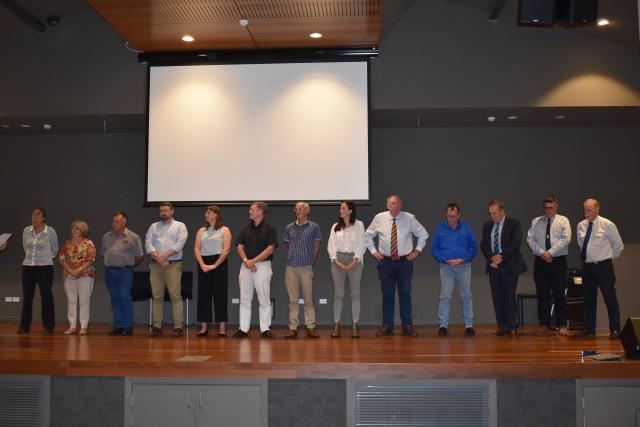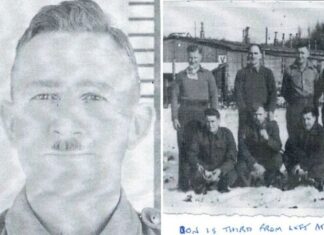Knowing your candidates

Digital Edition
Subscribe
Get an all ACCESS PASS to the News and your Digital Edition with an online subscription
The untold story of a Warwick hero
The city of Warwick on the Darling Downs has a proud military history that encompasses the Boer War and both World War 1 and...








